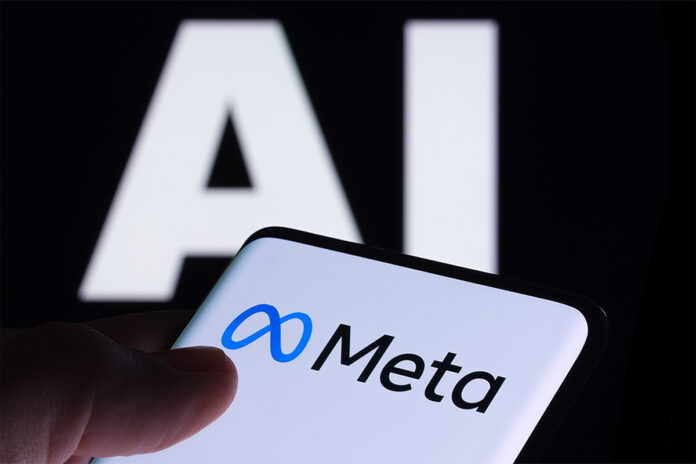A U.S. federal judge ruled in favor of Meta Platforms on Wednesday in a copyright case brought by a group of authors who claimed the company used their books without permission to train its artificial intelligence system.
U.S. District Judge Vince Chhabria in San Francisco said the authors did not provide enough evidence to show that Meta’s use of their work harmed the market for their books. He said the plaintiffs failed to present the right legal arguments or build a strong record to support their claims.
However, the judge added that using copyrighted works without permission to train AI could still be illegal in many cases.
The authors filed the lawsuit in 2023, accusing Meta of using pirated versions of their books to train its AI system, Llama, without paying or getting permission. The decision is one of several involving copyright and generative AI systems in U.S. courts.
Meta welcomed the ruling and said fair use is an important legal principle for developing new AI technologies. The authors’ law firm said it disagreed with the decision and criticized Meta’s alleged use of copyrighted works.
This is the second U.S. court ruling to consider whether using copyrighted material to train AI falls under fair use. The first was issued earlier this week in a separate case involving Anthropic, where another judge found the company’s AI training met the standard for fair use under copyright law.
Chhabria acknowledged during a May hearing that generative AI could affect the market for books, songs, and other creative works by allowing companies to produce similar content with much less effort and time. He repeated that concern in Wednesday’s ruling but said the authors in this case did not make the right arguments to proceed.
























